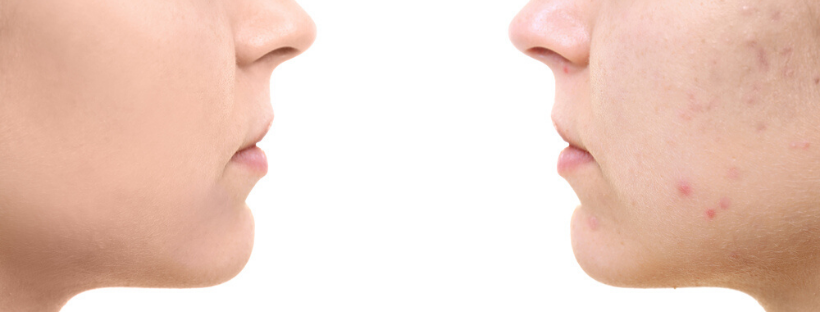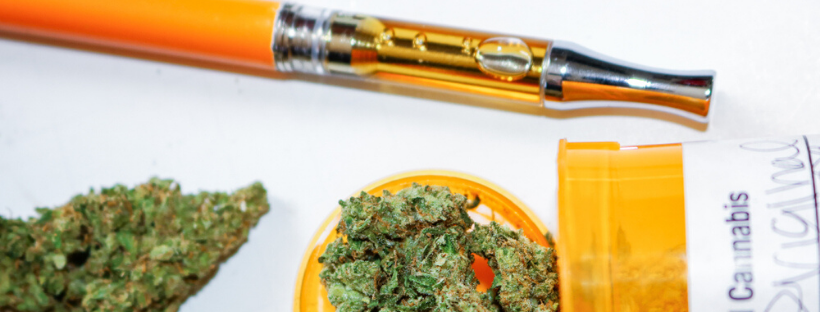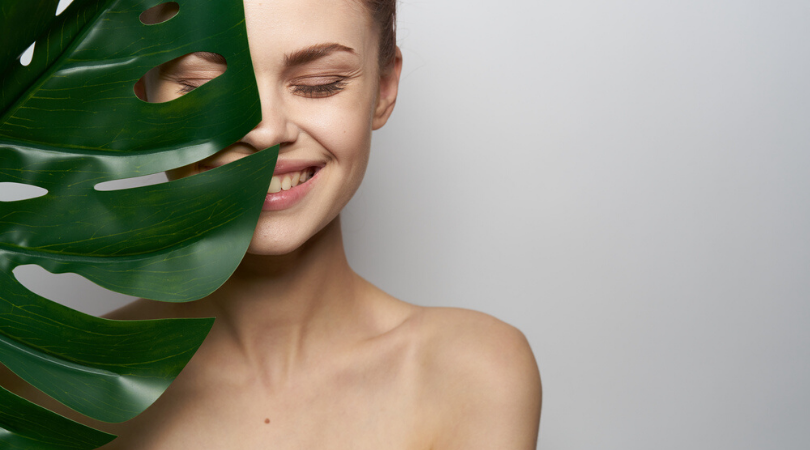Cannabis
Marijuana And Your Skin: The Effect
Wondering if smoking marijuana may have a negative effect on the health of your skin?
We know the answer.
It’s a well-known fact that smoking cigarettes is bad for your health and damages your skin. But can the same correlation be observed with marijuana smokers? On the surface, this may be a simple question — but cannabis is a complex plant, and so is the answer to that question.
Even though marijuana has been around for over 5000 years, research on this plant is still in its infancy. There are many questions that remain unanswered — many of them relates to how marijuana affects the human body.
Fortunately, with the legalization movement gaining momentum all across the world, more studies are conducted each month, and sooner or later, we’ll be able to answer the lion’s share of those questions.
In this article, we’ll explain the possible effects of marijuana on your skin based on current research. We’ll cover both smoking cannabis and applying marijuana topicals on the skin to compare the effects of both.
Does Marijuana Have the Same Effect on Your Skin As Tobacco?
Cannabis has a different chemical composition than tobacco. However, they both produce similar substances when smoked. Marijuana smoke is comprised of 33 cancer-inducing chemicals and allegedly delivers 4 times as much tar to your lungs as a tobacco cigarette.
However, studies show that marijuana smoke not only doesn’t impair lung function, but it also increases their capacity. Marijuana smokers usually have better spirometry results than tobacco smokers and non-smokers. Also, despite the higher content of tar, it appears that cannabinoids occurring in the marijuana plant reduce the harm caused by it through their antioxidant and neuroprotective properties.
But what about the skin?
Marijuana smoke also contains high amounts of hydrocarbons. When they get in contact with your skin, they compromise the production of collagen. Collagen is a necessary compound that bolsters the skin’s structural strength against environmental factors and inflammation. Insufficient production of collagen can speed up aging processes in your skin, causing wrinkles and loss of plasticity to the skin.
But then again, research in this subject is sparse — what if cannabinoids produce the same protective effects in the skin cells as they do in the lungs? We can’t deny the possibility, although for now, it’s safe to assume that smoke is smoke and all our organs are healthier without it.

Does Marijuana Cause Acne?
There’s no hard evidence that smoking marijuana causes flare-ups on your skin. However, munching on empty carbs after you smoke can lead to deteriorating the condition of your skin.
There’s a strong link between high-carb foods and acne. Avoiding them and switching to whole foods after smoking can help.
As for cannabinoids other than THC, they are emerging as a new treatment for acne and other inflammatory skin conditions. CBD, the second-most abundant compound in cannabis, may decrease the inflammation as well as the formation of comedones and the release of sebum.
Cannabinoids are also helpful in regulating the immune system and protecting the skin cells against pro-inflammatory chemicals.
Can Marijuana Worsen Skin Diseases Such as Rosacea and Psoriasis?
While smoke, in general, is known to exacerbate skin conditions, some studies have actually found a link between cannabinoids in marijuana and these inflammatory skin conditions.
The main symptom of psoriasis is the fast growth of skin cells known as keratinocytes. According to a recent study, cannabis can effectively slow down the growth of these cells — meaning that cannabinoids may help in easing skin conditions triggered by excessive cell growth.
On top of that, the compounds in marijuana can regulate immune function, bolstering the immune system and modulating the production of histamine. The newest research shows that topical, anti-itch cannabinoid ointments can be an effective treatment for chronic skin illnesses.
Does Your Skin Suffer from Secondhand Marijuana Smoke?
Exposure to secondhand smoke may affect your blood vessels. However, the majority of studies conducted in this subjects were based on animal models. There are no human trials that have examined the impact of secondhand marijuana smoke on the skin.
Are Non-Smokable Forms of Marijuana Good For Your Skin?
There’s plenty of scientific evidence that marijuana products like vapes, tinctures, capsules, and topicals may contribute to a healthier skin and help with a wide range of skin conditions.
Here are your possible options.

1. Vaping Marijuana
Vaping marijuana doesn’t include the negative effects of smoke on the skin because it’s a smoke-free method. Vaporized cannabis is only heated to the point where it releases cannabinoid- and terpene-rich vapor. This vapor is then inhaled through a vaporizer’s mouthpiece (vaporizers are devices designed for inhaling cannabis) right to your lungs.
Not only is vaping healthier for your lungs and skin, but it also delivers more cannabinoids to your bloodstream than smoked marijuana, increasing its bioavailability and effectiveness.
2. Sublingual Marijuana Tinctures
Tinctures are concentrated cannabis liquid drops that are made by dissolving cannabis flowers in high-proof alcohol. The alcohol works as a solvent that strips cannabinoids and terpenes off the plant material.
Tinctures are sublingual products, meaning you need to apply them under the tongue. Once there, it’s good to hold the tincture for about 60 seconds, then swallow. This makes the cannabinoids from your liquid absorb through the sublingual membrane in your mouth — avoiding the “first-pass” liver effect.
The effects of tinctures usually take hold after 20 minutes and their shelf life is up to 3 years.
3. Marijuana Topicals
This product category is the most beneficial for people who want to incorporate cannabinoids into their skincare routine. Topicals are creams, balms, and ointments infused with marijuana. Since most topicals have a fatty base — and cannabinoids are fat-soluble — they have a fast-acting time and are effective at targeting localized problems.
Cannabinoids in marijuana topicals penetrate the skin, reaching its deeper layers where the CB2 receptors are located. From there, they activate these receptors, producing their anti-inflammatory, antioxidant, and moisturizing effects.
Does smoking marijuana negatively affect your skin? Or is it the other way round? What cannabis products do you use to improve your skin’s health?


